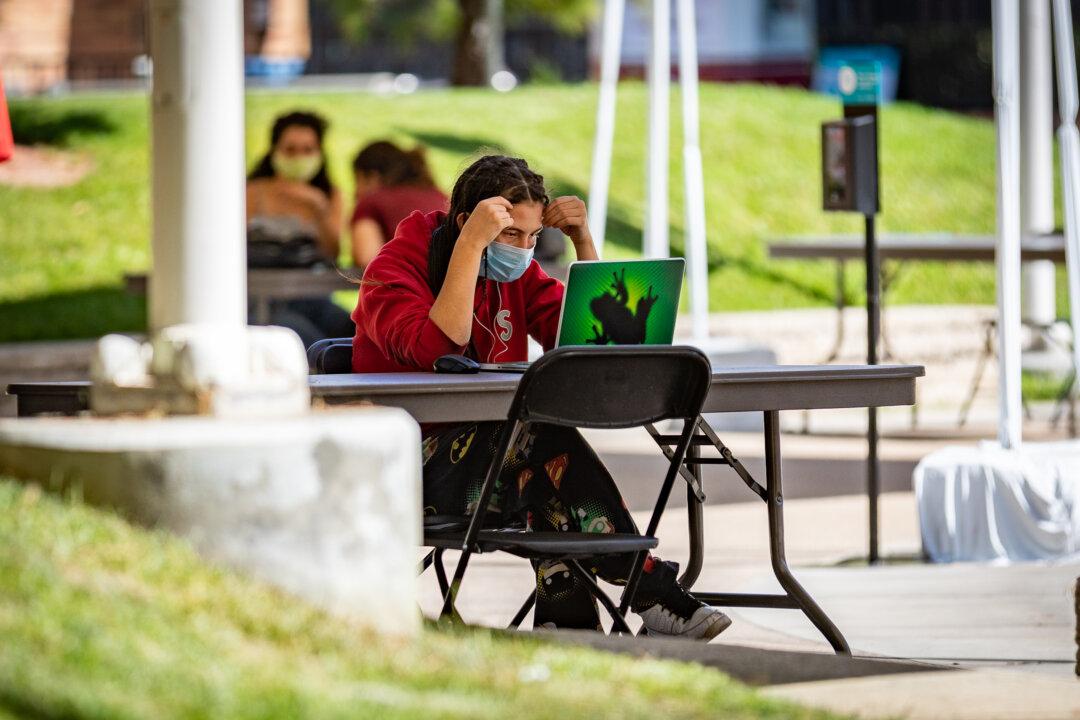The rise of artificial intelligence has sparked concerns among California lawmakers about its use in political advertisements and college classrooms, prompting calls for tighter restrictions on the emerging technology.
Assembly Bill 2355 seeks to mandate public disclosure of the use of AI in political advertisements if the technology is used to alter images, voices, or film from their original state.





